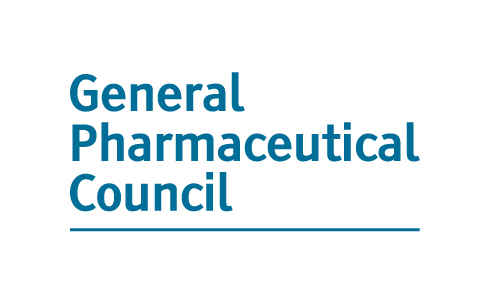Transforming medicines and pharmacy with technology
We are providing technology and digital tools that help ensure patients and the NHS get the best value from medicines and pharmacy by making prescribing and dispensing safer and more efficient, supporting the integration of pharmacy practice into the wider NHS where it can be most productive, and collecting and using comprehensive medicines data to better inform decisions on spend and use.
You’ll find the Digital Medicines and Pharmacy team on stand PD16 on both Sunday and Monday where we will be on hand to talk to you and answer your questions about the digital roadmap for medicines and pharmacy.
Come and say hello to our Executive Director Ian Lowry, our Programme Director Richard Ashcroft and our Clinical Lead Dr Vishen Ramkisson.
Each of our programme heads will also be there; Candice Moore, who heads up our work to digitise community pharmacy, Fintan Grant, who is looking at how we collect and use medicines data, Leon Finnerty who is leading the Falsified Medicines Directive (FMD) programme and Libby Pink, who oversees our work to use technology to integrate pharmacy across health and care.
We believe that collaboration is key, so we look forward to testing our thinking with you and gathering your feedback. Come and have a chat with our user researcher to share your ideas and find out how you can help shape our work.
We’ve sponsored the Technology Theatre again this year and we will be delivering several presentations on both days so please come and join us.
About our work in Digital Medicines and Pharmacy
At the moment:
- Local pharmacies aren’t sufficiently digitally integrated to other parts of the NHS which means people may not get their medicines as quickly and conveniently as they could.
- Paper prescriptions and forms are still a huge administration burden for local pharmacies, hospitals and GP surgeries.
- The NHS doesn’t have enough data about medicines that are prescribed and administered to ensure people get the best health outcomes.
To help people get the best results from their medicines and achieve best value for the tax payer, NHS Digital is supporting the Medicines Value Programme by harnessing the power of new technology to:
- connect pharmacy services to the wider NHS, with better information sharing and new communication mechanisms
- support the integration of pharmacy practice into the patient journey through new digital solutions
- reduce the administrative burden of prescribing, dispensing and providing pharmacy services to allow healthcare professionals more time for patient care
- collect, analyse and share comprehensive medicines data to support medicines optimisation; improving safety and outcomes for patients and value for the taxpayer.
Changes that will take place include:
- Extending the Electronic Prescription Service (EPS) to all eligible prescriptions and into other care settings, initially urgent care. This means prescribing and dispensing will be quicker for everyone and there will be fewer errors. The burden and costs of using paper will significantly reduce.
- Integrating community pharmacy into the wider NHS to make better use of their clinical skills by providing NHSmail, Summary Care Record and the EPS prescription tracker. Local pharmacists and their teams will be able to access relevant clinical information quickly and communicate more easily with patients and other health professionals.
- Introducing a single, consistent and comprehensive set of medicines data which is used by everyone in the NHS will allow the NHS to prescribe in the most safe, effective and efficient way for patients. Clinicians will be better informed about what does and doesn’t work and which medicines provide value for money. Care will be more personalised because the NHS will know more about what is more effective for a person’s age and condition.
- • Community pharmacies contributing to patient healthcare records, meaning pharmacists, doctors, nurses and other health professionals will have more information about their patients to better inform consultations, care and treatment.
- • NHS 111, GPs and hospitals able to refer patients directly to local pharmacies which will relieve the pressures on GPs, speed up hospital discharge, and ensure patients have the support they need once they arrive home.
- • Support work to ensure all medicines used in the NHS are legitimate by bringing together existing processes in the NHS supply chain to develop an effective way to identify counterfeit medicines.

)
)
)
)
)
)
)

.png/fit-in/500x500/filters:no_upscale())
)
)
)
)
)
)
)
)
)
)
)
)
)
)
)
)
)
)
)
)
)
)
)
)
)
)
)
)
)
)
)
)
)
.png/fit-in/1280x9999/filters:no_upscale())
)
)
)
)
)
)
)
)

